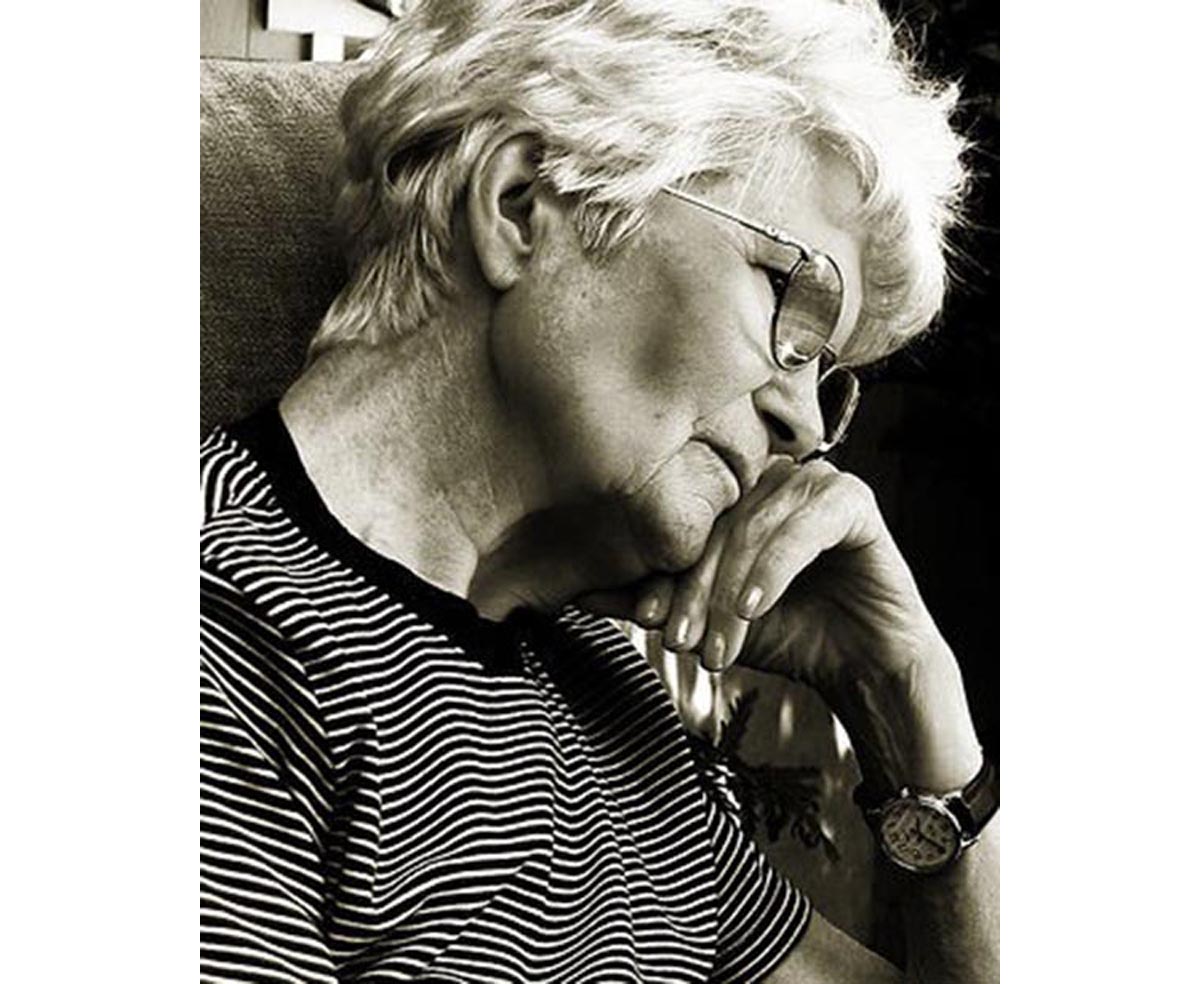Table of Contents
You're probably familiar with the saying "Practice makes perfect." If you have Parkinson's disease, at least with regard to physical skills, all the practice in the world may not perfect your skills. But continuous practice of basic motor skills may make it possible to retain them. There is a neurological reason for this.

Left-Brain Parkison's Disease
Sometimes the brain changes that cause Parkinson's disease are more severe in the hippocampus on the left side of the brain. When this happens, the behavioral changes accompanying the disease tend to involve avoidance behaviors. Parkinson's makes the person withdrawn, less able to make decisions (losing "executive function" to make good decisions), and less social--not lacking "social skills," but avoiding any situations that require making social decisions.
Right-Brain Parkinson's Disease
Sometimes the brain changes that cause Parkinson's disease are more severe in the hippocampus on the right side of the brain. When this happens, the behaviroal changes accompanying the disease tend to involve the inability to recall "episodic memories." People who have Parkinson's disease on the right side of the brain have increasing difficult to recall a series of events and then do the things that they should do to take part of that series of events. They retain the ability to make "semantic memories," to understand the implications of events and how they feel about people and things.
Brain Training in Parkinson's Disease
Of course, most people who have Parkinson's disease suffer some degree of damage on both sides of the brain, but usually one side or the other is more damaged. The implication of this fact is that different kinds of activity help different Parkinson's sufferers in different ways.
- Sometimes someone who has Parkinson's disease who is beginning to "lose it," having trouble with decision-making, is helped by "sticking to" tasks that require fine motor skills. My dad, for instance, continued to do his own repair work on a 1980 Chevy until 2005. He might have to pick up a screw 10 times, it might take an hour to thread a bolt, but he would eventually make the "hunk of junk" run. This indirectly helped him retain his abilities to interact with people, making judgments about interactions, and make choices about his personal affairs. It's the persistence in doing the task that helps train this side of the brain.
- Sometimes someone who has Parkinson's disease who is beginning to have memory loss is helped by doing tasks that require hand-eye coordination, which is regulated on the same side of the brain. Doing things like knitting or tennis or ping pong as long as you can, and at some point just getting yourself in and out of your chair by yourself also helps you retain your ability to make episodic memories.
I can't prove to you by citing the scientific literature that any kind of persistent activity absolutely, positively always preserves abilities in the face of Parkinson's disease. I can just tell what I observed for 42 years in my own father and in several dozen other people who have had or now have Parkinson's. Staying engaged with life preserves basic brain function in Parkinson's disease. Intentional activity, even when frustrating, makes further activity possible.
My father's legacy was that he cared enough about his family and his community to stay in engaged in life for over four decades. We all make decisions about how long we want to "hang in there," but it is often possible to remain active far longer than the experts predict.
- Maril S, Hassin-Baer S, Cohen OS, Tomer R. Effects of asymmetric dopamine depletion on sensitivity to rewarding and aversive stimuli in Parkinson's disease. Neuropsychologia. 2013 Feb 16. doi:pii: S0028-3932(13)00045-6. 10.1016/j.neuropsychologia.2013.02.003. [Epub ahead of print].
- Verreyt N, Nys GM, Santens P, Vingerhoets G. Cognitive differences between patients with left-sided and right-sided Parkinson's disease. A review. Neuropsychol Rev. 2011 Dec. 21(4):405-24. doi: 10.1007/s11065-011-9182-x. Epub 2011 Sep 29.
- Photo courtesy of emsl on Flickr: www.flickr.com/photos/emsl/4704802544
- Photo courtesy of rezlab on Flickr: www.flickr.com/photos/rezlab/33743639


Your thoughts on this